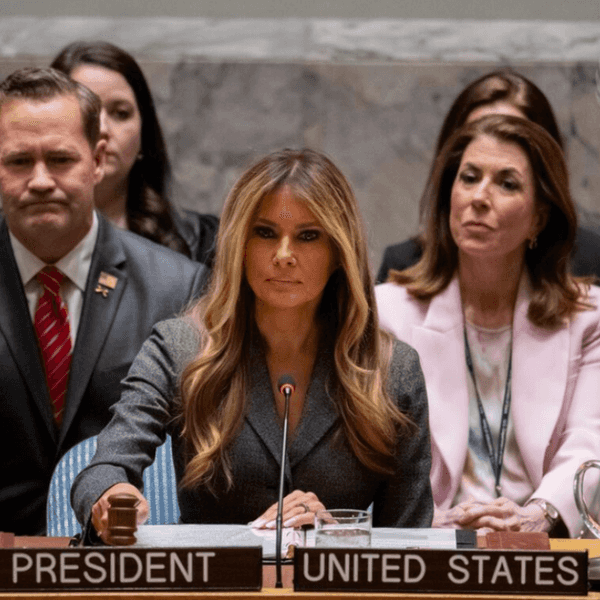WASHINGTON (AFP) – The United States said Wednesday it holds Syrian President Bashar al-Assad directly responsible for alleged chemical weapon attacks against his people, even though he may not have issued orders himself.
As intelligence units zero in on precisely who may have ordered the atrocity that saw up to 1,300 Syrian civilians killed in apparent poison gas attacks on the outskirts of the capital Damascus, the State Department insisted Assad himself was to blame.
“We ultimately of course hold President Assad responsible for the use of chemical weapons by his regime against his own people, regardless of where the command and control lies,” State Department deputy spokeswoman Marie Harf told a press briefing.
“The commander in chief of any military is ultimately responsible for the decisions made under their leadership, even if… he’s not the one that pushes the button, or says ‘Go’ on this,” she told a press briefing.
Suspicion has swirled as to who in Assad’s inner circle — or, potentially, among mid-level commanders — may have given the green light to unleash what several experts believe was a deadly nerve agent.
Asked whether she thought Assad himself ordered the attack, Harf said: “I don’t know the answer to that.”
While acknowledging she was not intimately familiar with the command and control structure of Syria’s military, it remained clear that Assad “is responsible for the actions of his regime.”
Syria’s government has persistently denied using chemical weapons, instead accusing opposition rebels of carrying out the attacks.
Washington insists the regime alone has the capacity to mount a poison gas strike.
“We said the regime maintains control of these weapons and that the opposition of course doesn’t have the capability to use them,” Harf said.
Reporters pressed for explanation on how Washington could consider Assad personally responsible whether he or an underling ordered the attack.
“He is responsible at the same level either way,” she said.
As the United States and its allies prepare their response against Damascus, the world was readying for Washington’s release this week of key evidence which US officials believe points squarely at the regime.
“The intelligence community has made a formal assessment. We will provide the classified assessment to Congress, and then make unclassified details available to the public,” Harf said.
But she clarified that the unclassified report may be limited in scope so as to protect sources who may have been involved in gathering evidence.








